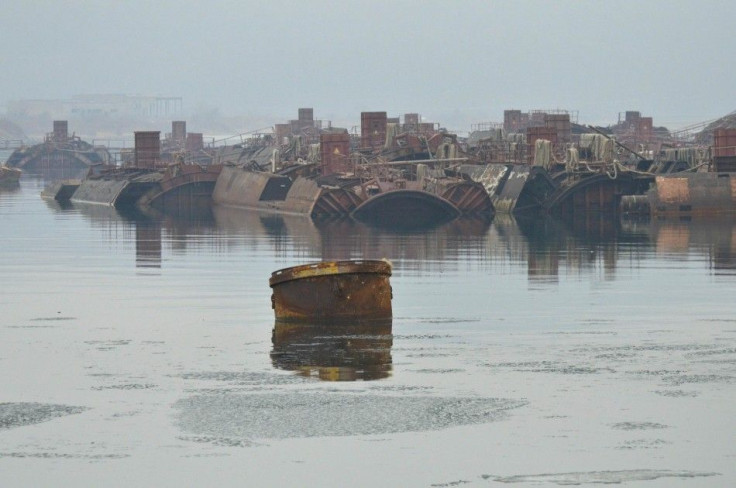Australia's Capability To Build Submarines For New Fleet 'Trashed'; Japan Surprised By Abbott Decision

Australia’s capability to build submarines is reportedly being “trashed” in the global arena. The government organisation responsible for securing Australia’s next fleet of submarines has questioned the ability of local companies during high-level negotiations with European and Japanese manufacturers late in 2014.
Independent senator Nick Xenophon said Defence Material Organisation was doubtful about Australia’s manufacturers. He added that international submarine builders were “stunned” by the comments made by the DMO.
The senator described such comments as “disgraceful” since manufacturers now think the government would rather buy a fleet of 12 submarines overseas rather than award the contract to Adelaide shipbuilder ASC, reports ABC. Xenophon said Prime Minister Tony Abbott should refute the statements made by the DMO “as a matter of urgency.” He added that overseas submarine manufacturers believe subs can be built in Australia with a good design using a proper process.
A DMO spokesperson declined to acknowledge the comments. In a statement, the DMO said it was part of the organisation’s responsibility to assess the capability of possible suppliers of submarines for Australian defence and check if they meet material requirements. The Australian government plans to spend $12.5 billion to buy military equipment in the 2014-2015 financial year.
Xenophon claimed he was informed of the accusations by “a source who was in a position to know.” He asked Senator Eric Abetz, who was also Mr Abbott’s representative, if he was aware of the Australia’s industrial capability being trashed. Abetz only replied that the information Xenophon heard was only hearsay.
In an interview with The Australian, senior Japanese officials in the foreign ministry had spoken of Japan’s idea of selling submarines. One of the officials believes that the possible transaction would represent future relations with Australia. Yukihiro Wada, director of the Pacific Ocean Division at the Ministry of Foreign Affairs, explained the fact that Japan would think of selling its own “submarine secrets” is an indication of very close relations.
After news of Mr Abbott’s leadership crisis, Japanese officials from the National Security Council called a meeting with their counterparts in the Australian foreign ministry. According to reports, Japan was surprised by Mr Abbott’s decision to allow the ASC shipbuilding company based in South Australia to make a bid for the project.
The Australian prime minister had promised during the election to build 12 new submarines in Adelaide but reverse it later on because of the high cost and risks involved. In the face of a budget deficit, the government has chosen to look outside of Australia to build submarines.
To report problems or leave feedback on this article, contact: r.su@ibtimes.com.au




















